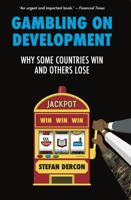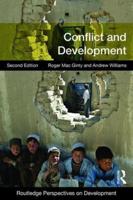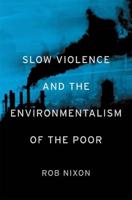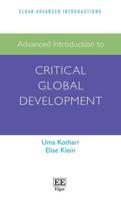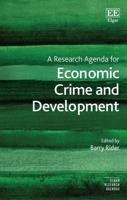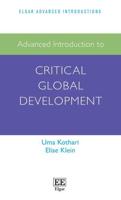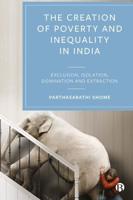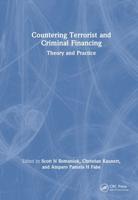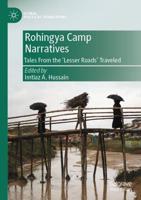Publisher's Synopsis
The central aim of this book is to define the approach of EU development policy regarding Africa since the end of the Cold War. It focuses on the impact of EU development policy on the domain of international development and the objective of the EU to become a prominent international actor.
The book relies on Martha Finnemore's Social Constructivist research. It concentrates on the dynamics maintained by the EU with the normative basis that characterises the structure and agents of international development, and assesses how it affected EU behaviour, as expressed through its development policy concerning Africa. By doing so, it exposes both the marked effect of EU development policy in the domain of international development, and the form of 'paradise' (model of development) the EU promoted in Africa.
Therein, the volume largely confirms the identified agents as the source of the norms that define the structure of international development, and the EU as its derivative. It argues that EU development policy is currently a general projection of the normative structure of international development, specifically regarding the policy orientation of its identified agents. As a result, the book contends that the EU fell short of its efforts to export its form of 'paradise' to Africa since the end of the Cold War, as a corollary of its limitations to stand as a distinct and leading actor in the domain of international development.

